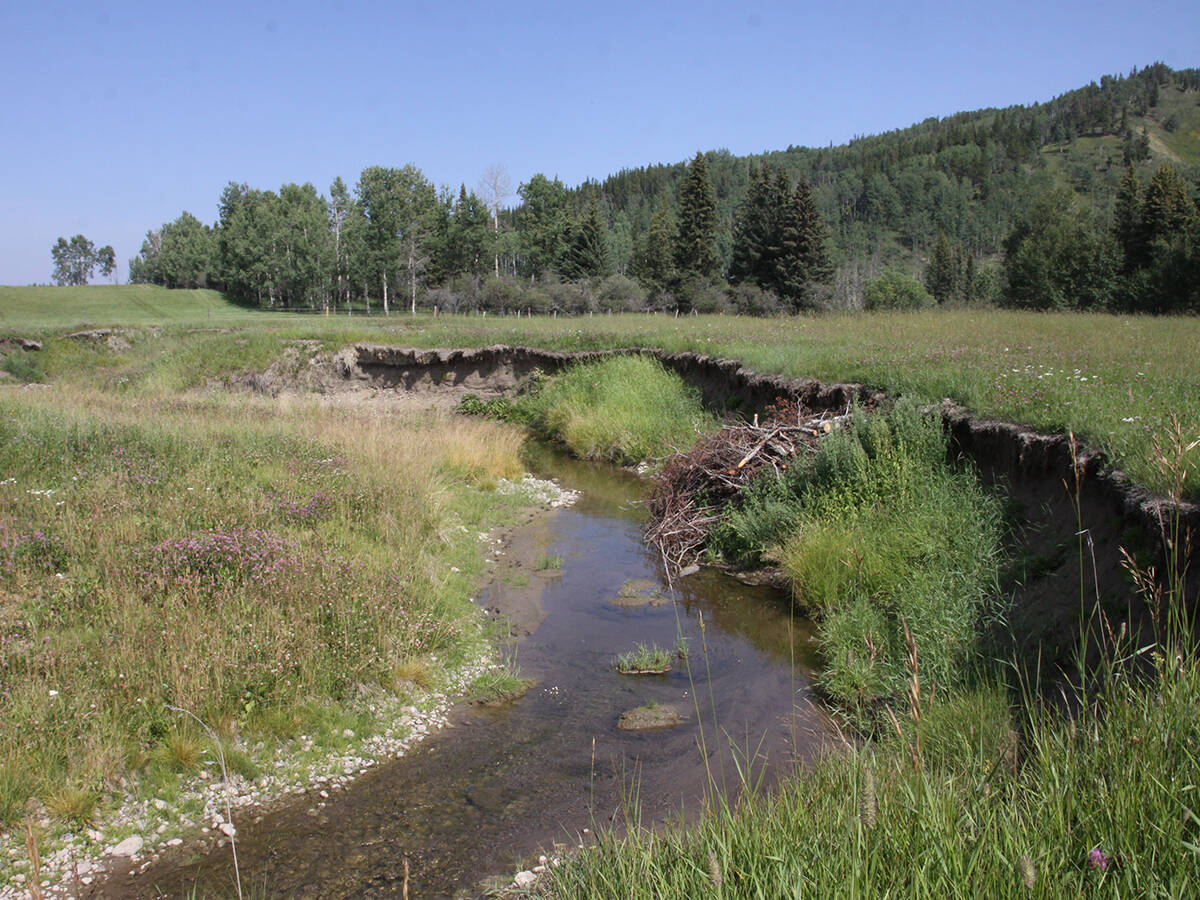The federal government is making agriculture a “top priority” in the next round of World Trade Organization negotiations expected to start next week, trade minister Pierre Pettigrew said.
He told the House of Commons foreign affairs committee Oct. 24 that he expects WTO members to agree to launch a broad new round of negotiations when they meet in the Persian Gulf state of Qatar Nov. 9-13.
And the need for agricultural trade reform is a major reason for his optimism.
“Agriculture is really a top priority for a lot of countries and I do not think they will let a round end without real progress,” Pettigrew told MPs.
Read Also

Alberta eases water access for riparian restoration
Alberta government removes requirement for temporary diversion licence to water plants up to 100 cubic metres per day for smaller riparian restoration projects
He said stand-alone agricultural negotiations, which have been taking place sporadically in Geneva throughout the year, have made technical progress and cleared away a lot of the procedural issues, but there is a need for other sectors to be added to the talks to allow tradeoffs.
Protectionist and high subsidy countries like Japan and the European Union need to be able to win concessions in other economic sectors if they are to make concessions in agriculture.
At the committee, Pettigrew tabled the government’s initial position for the next WTO round, including a call for an end to export subsidies, “substantial reductions in or elimination of trade and production-distorting domestic support” and “real” improvements in market access for all products.
“Further agricultural trade reform will provide Canadian producers and processors with a more level international playing field and extend a rules-based, predictable and secure trading environment within which they can compete and make investment decisions,” says the Canadian position.
Lethbridge Canadian Alliance MP Rick Casson told Pettigrew that the next negotiation must do something to reduce American and European farm supports if prairie grain and oilseed producers are to be helped.
Pettigrew said he thinks the likelihood of success in Qatar is far greater than it was in Seattle two years ago when talks to launch a negotiation broke down in acrimony over what goals would be set in the official declaration of a launch.
Trade ministers had arrived in Seattle in November 1999 with many wording issues still unresolved between officials. Ministers were unable to make the political compromises necessary in the five days set aside for the meeting.
“This time, we’re better prepared to have a real crack at it,” said Pettigrew.
He also assured a Bloc Québecois MP that the government will protect supply management and its protective tariffs.
In this rush for open borders, what is the fate of dairy supply management? asked MP Pierre Paquette.
“Our support for supply management is absolute and total,” said the trade minister from Montreal.
















